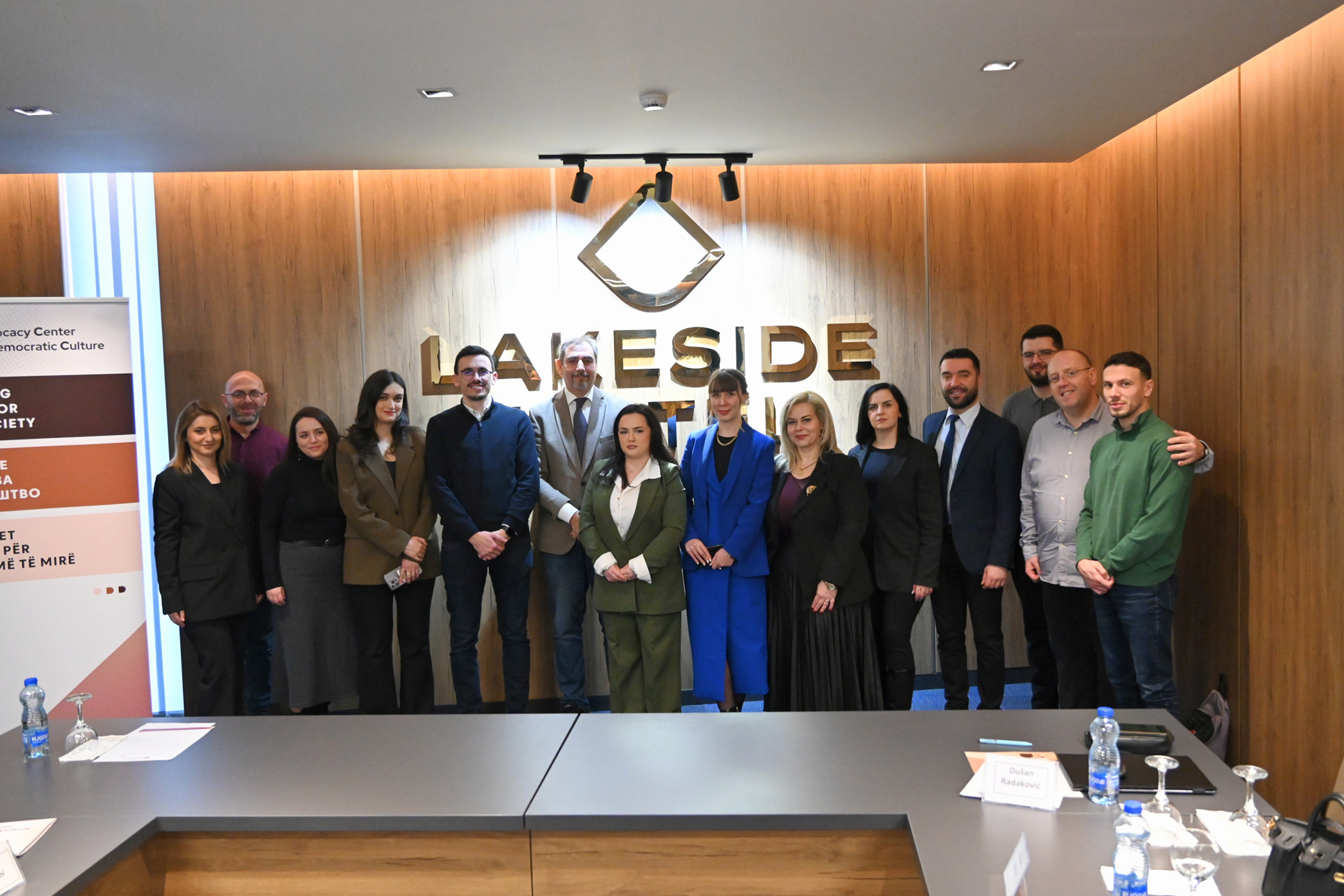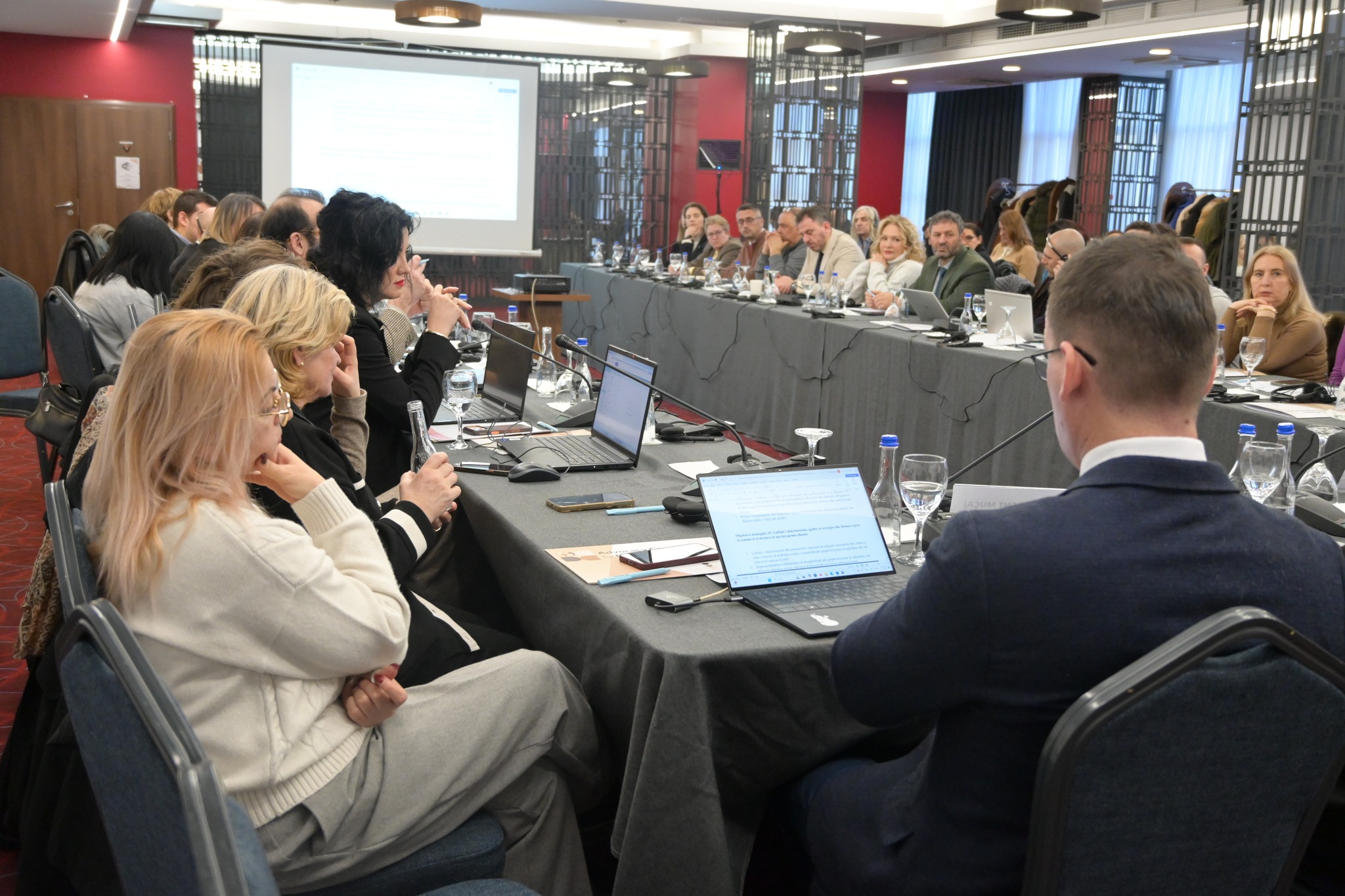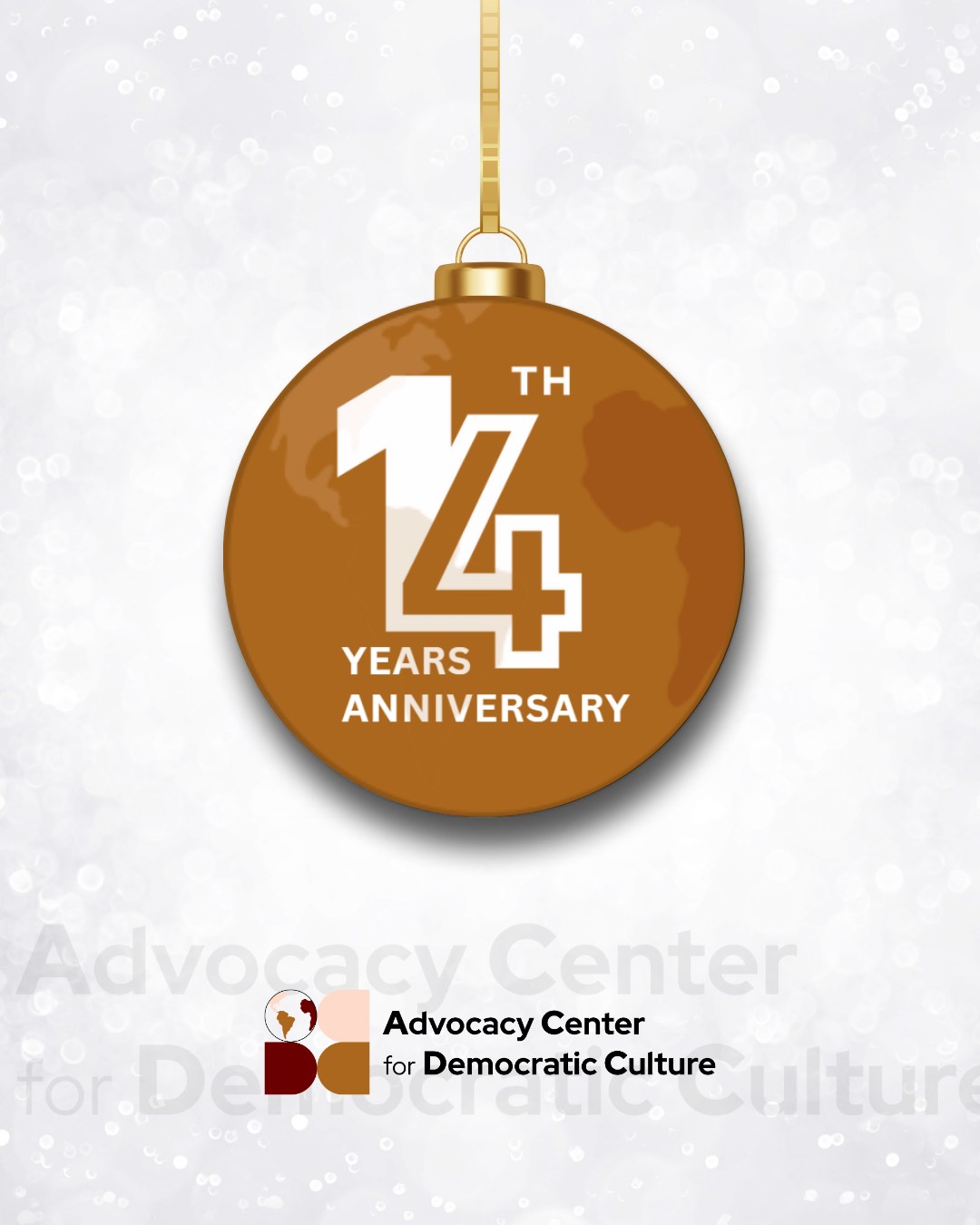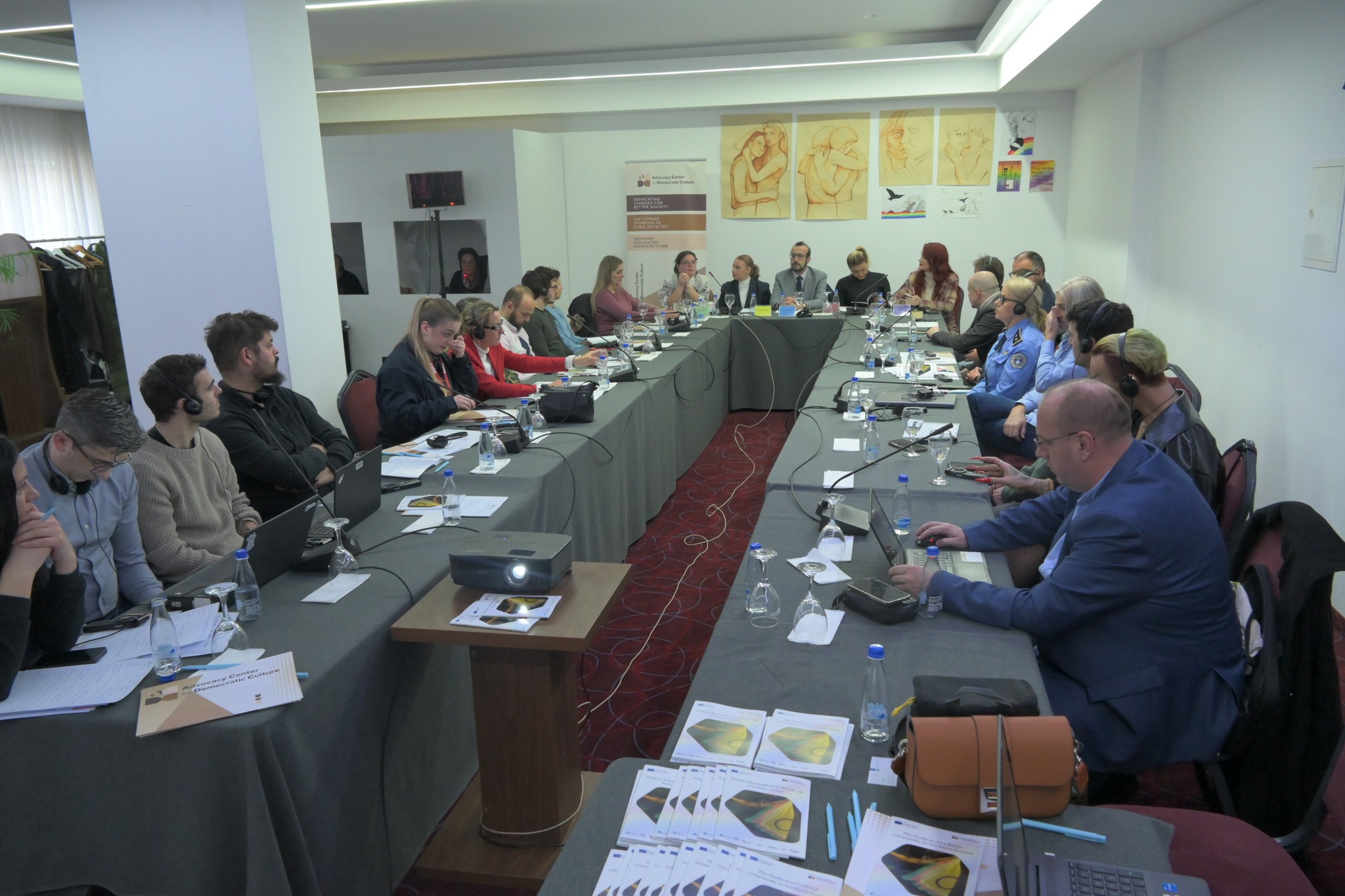15.08.2023. » 08:07
OP - ED Limitations and Human Rights: Right to Freedom of Movement
Freedom of movement entails the complete, unhindered, and guaranteed freedom of movement for all citizens within the territory of a state.
In the text written by Tijana Vlaskovic, a law graduate , the significance of the right to freedom of movement as a fundamental human right is emphasized, providing insight into its importance and application in various contexts, including the restrictions on movement during emergencies such as a pandemic.
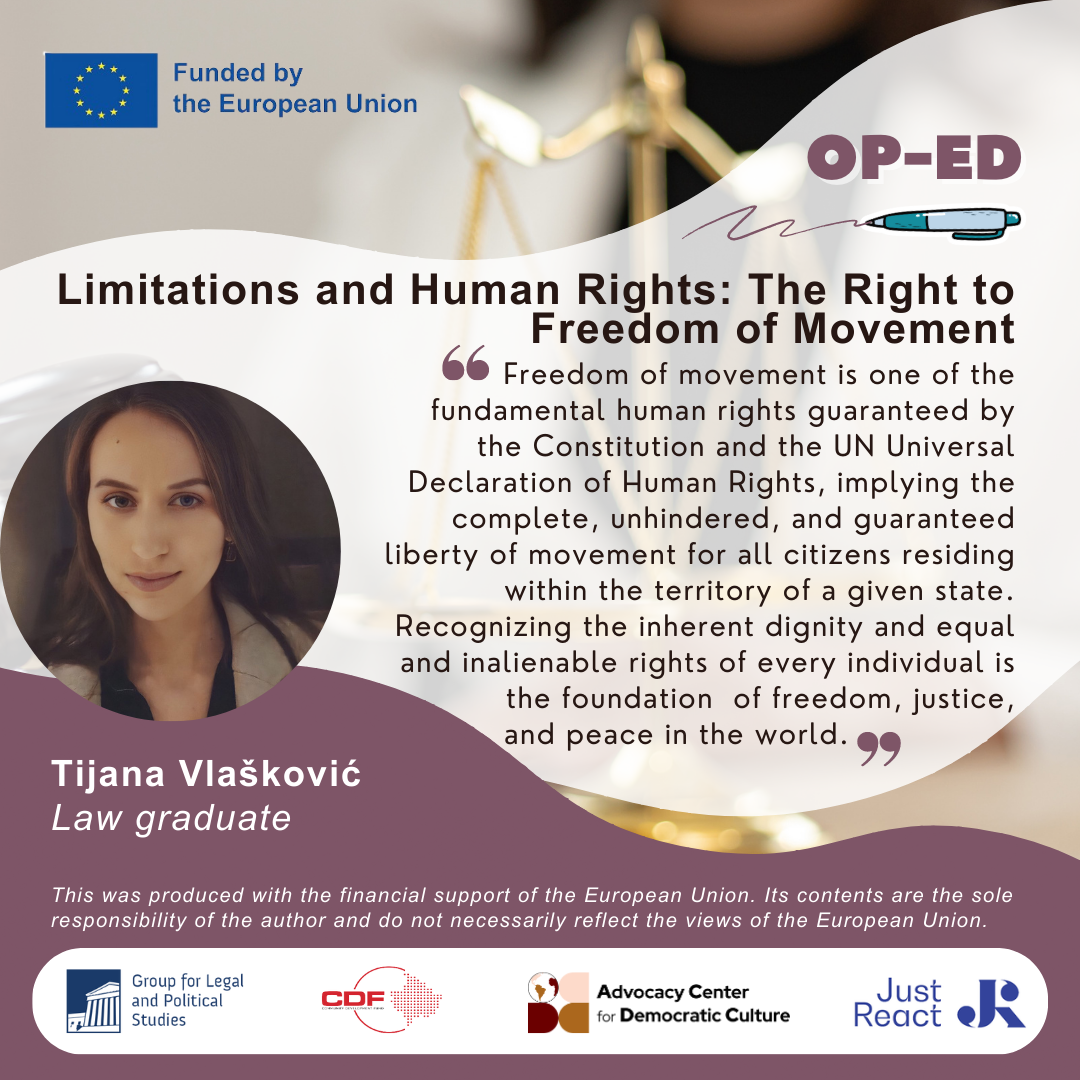
The freedom of movement is one of the fundamental human rights guaranteed by the Constitution and the UN Universal Declaration of Human Rights, implying the full, unrestricted, and guaranteed freedom of movement for all citizens residing within a state's territory. Every individual enjoys the right to move freely and choose a place of residence. Recognizing the inherent dignity and equal and inalienable rights of every individual is the foundation of freedom, justice, and peace in the world.
Member states of the United Nations, under the Universal Declaration of Human Rights, are obligated to promote social progress and a higher standard of living, in collaboration with the United Nations, ensuring the general respect and implementation of human rights and fundamental freedoms. Given that a common understanding of these rights and freedoms is of paramount importance for the full realization of this obligation.
All individuals are entitled to all the rights and freedoms of movement proclaimed in this Declaration, without any distinction based on race, color, sex, language, religion, political or other opinion, national or social origin, property, birth, or other status.
According to this declaration, no distinction shall be made based on the political, jurisdictional, or international status of a country or territory to which a person belongs, whether it be independent or otherwise sovereign.
"The common understanding to be reached by all peoples and all nations is to have every individual and every organ of society constantly keeping this Declaration in mind, striving by teaching and education to promote respect for these rights and freedoms, and by progressive measures, national and international, to secure their universal and effective recognition and observance, both among the peoples of Member States themselves and among the peoples of territories under their jurisdiction."
In the exercise of one's rights and the enjoyment of freedoms, only those limitations that are prescribed by law for the purpose of securing the recognition and respect of the rights and freedoms of others and meeting the just requirements of morality, public order, and the general welfare in a democratic society may be imposed.
Everyone has the right to life, liberty, and security of person. No one shall be held in slavery or servitude; slavery and the slave trade shall be prohibited in all their forms. No one shall be subjected to torture or to cruel, inhuman, or degrading treatment or punishment. Everyone has the right to recognition everywhere as a person before the law. All are equal before the law and are entitled without any discrimination to equal protection of the law. Everyone is entitled to equal protection against any discrimination that violates this Declaration and against any incitement to such discrimination.
Everyone has the right to an effective remedy by the competent national tribunals for acts violating the fundamental rights granted them by the constitution or by law; no one may be arbitrarily arrested, detained, or expelled; everyone is entitled in full equality to a fair and public hearing by an independent and impartial tribunal, in the determination of his rights and obligations and of any criminal charge against him; everyone charged with a criminal offense has the right to be presumed innocent until proven guilty according to law in a public trial at which he has had all the guarantees necessary for his defense; no one shall be held guilty of any penal offense on account of any act or omission which did not constitute a penal offense, under national or international law, at the time when it was committed, nor shall a heavier penalty be imposed than the one that was applicable at the time the penal offense was committed; no one shall be subjected to arbitrary interference with his privacy, family, home, or correspondence, nor to attacks upon his honor and reputation. Everyone has the right to the protection of the law against such interference or attacks. Everyone has the right to freedom of movement and residence within the borders of each state and the right to leave any country, including his own, and to return to his country.
Simultaneously, the freedom of movement and rights may be restricted when necessary. An example of this can be seen in the case of the coronavirus pandemic.
The coronavirus pandemic is a global health crisis that will mark our era, according to the United Nations Development Programme (UNDP). Since the first case was recorded in 2020, the virus has spread to all continents except Antarctica.
Regarding the rights to freedom of movement for armed forces personnel and employees in the armed forces, the Office for Democratic Institutions and Human Rights (ODIHR) and the Geneva Centre for the Democratic Control of Armed Forces (DCAF), in cooperation with the OSCE, addressed this in 2008.
"Members of the armed forces, and all those engaged in them, are obliged to respect human rights and international humanitarian law in the performance of their duties. However, if their rights are guaranteed only within their own institutions, the armed forces must respect these rights in the performance of their tasks, both in barracks and during military operations."
Furthermore, they state that the human rights and fundamental freedoms of armed forces members and employees are inspired by the OSCE Code of Conduct on Politico-Military Aspects of Security.
According to this document, adopted by 56 member states in 1994, states are required to "incorporate the rights and obligations of members of the armed forces and employees in the armed forces into their laws and other documents" and to "ensure that members of the armed forces and employees in military and informal security forces can enjoy and exercise their human rights and fundamental freedoms."
This document also calls on member states to "establish appropriate legal and administrative procedures to protect these rights for all their members and employees in these structures."
---
This publication was created as part of the project "Improving the capacity of the Agency for Free Legal Aid in northern Kosovo”, conducted by NGO ACDC. The project is part of the JUST REACT program, which is implemented by the Community Development Fund (CDF) and the Group for Legal and Political Studies (GLPS), and funded by the European Commission.
This was produced with the financial support of the European Union. Its contents are the sole responsibility of the author and do not necessarily reflect the views of the European Union.
Latest news

